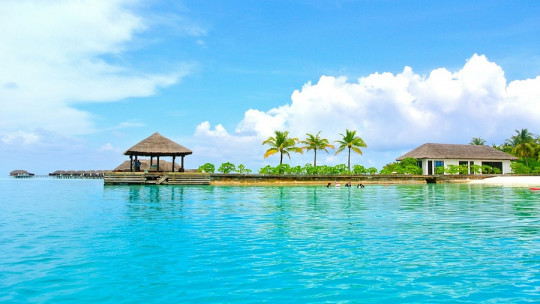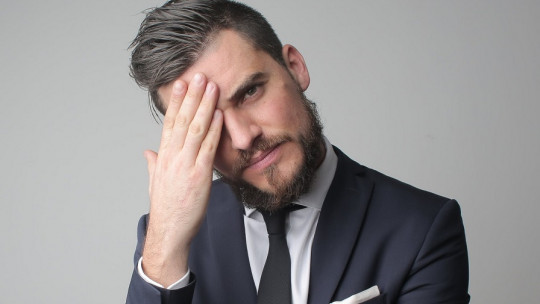It is not uncommon that, when returning to the routine after a vacation period, we experience Post-vacation syndrome. Today we explain everything you need to know about this disorder.
What is Post-Vacation Syndrome?
One of the most important indicators of well-being from a psychological and mental health point of view is the individual’s ability to adapt to their environment. When there are adaptation difficulties, people usually feel a state of discomfort. One of the moments typically known for its difficulty of adaptation for the general population is the return from vacation a time when the person must return to their usual routine with the responsibilities and demands that everyday life entails.
Faced with this adaptive challenge, many people experience feelings of melancholy and irritability as a form of psychological resistance to adaptation. When this state lasts excessively or manifests itself in a very intense way, we speak of Post-Vacation Syndrome.
Symptoms of Post-Vacation Syndrome
Post-vacation syndrome usually manifests itself with low mood pictures anxiety and/or anguish, irritability, restlessness, insecurity, difficulties in concentration and sleep rhythms (both due to defect and excess), etc., and sometimes depressive symptoms may appear such as: apathy, lack of interest, motivation and the like.
On a physical level, some of the somatizations that may appear are tiredness, lack of appetite, sweating, nausea and other stomach problems. These symptoms disappear when work and rest schedules are regularized, so it is a temporary discomfort that usually does not last more than a week or fifteen days. If this syndrome continues, it could lead to an adjustment disorder or a seasonal affective disorder.
Who is affected by Post-Vacation Syndrome?
According to the SEMYFC (Spanish Society of Community Medicine and Family), the people who are most affected by Post-Vacation Syndrome are:
- Subjects with typical symptoms of Burnout Syndrome usually suffer from a more pronounced Post-Vacation Syndrome.
How to best face returning to work?
In general have a positive attitude It always helps, at these times it is important to try to maintain it and not dwell on the feeling of discomfort that returning to work produces. Give us an interpretation of the symptoms as a temporary discomfort, and do not attach too much importance to it.
Since it is likely that we have changed our body’s schedules during the vacation period, It is beneficial to try to regulate our biorhythm to that of the daily routine To achieve this goal, it is advisable to try to go to bed at the same time the days before the end of the vacation, eat regularly and gradually introduce other routine habits.
If you have the option to do so, it is preferable not joining on a Monday since this way the week will be shorter and the change from inactivity to work activity will occur gradually. Once incorporated into working life, the intensity of work activity must be regulated, to the extent possible.
Another more motivating way to return to work and resume the obligations of the rest of the year is take advantage of the charge of energy and the feeling of well-being that the holidays have brought to set new goals both in the workplace and in the rest of the areas of our lives that push us forward and grow as a person.









